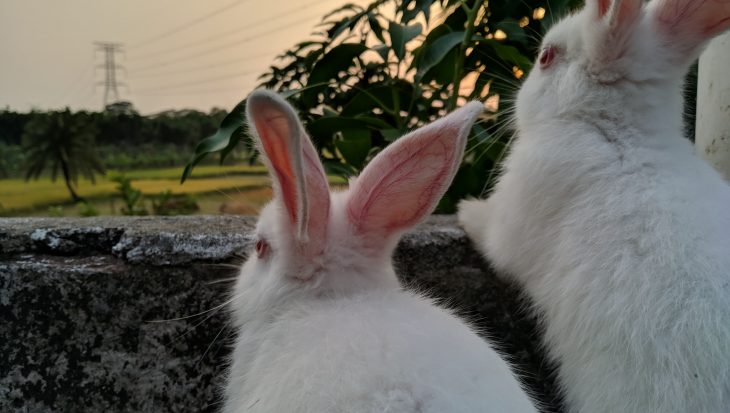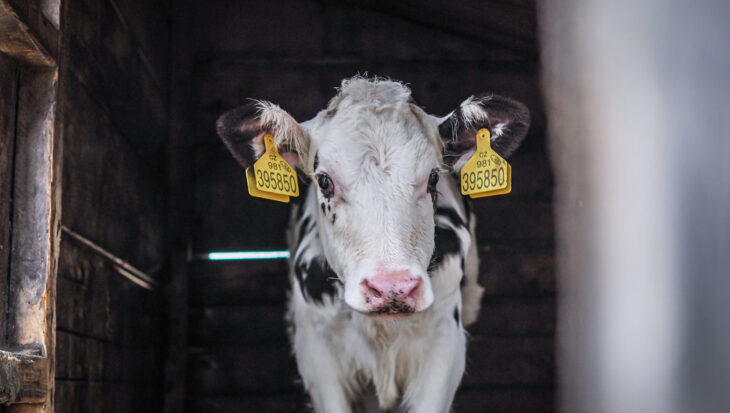Published in November 2013, the ‘Cumulative Severity’ report revealed a high level of desensitisation amongst the researchers whose views it sought and who are licensed to inflict substantial suffering on monkeys, often for years on end. One of its most shocking claims was that subjecting primates to several years of invasive brain research may cause no more suffering than performing a single ‘procedure’. The idea that suffering years of invasive and traumatic experimentation does not have a cumulative impact defies both common sense and scientific evidence.
Primates used in neuroscience research are typically forced to endure invasive surgery so that restraining and recording devices can be implanted in their heads (these implants can easily become infected). In addition, the animals are often subjected to ‘brain lesions’, which can either require further invasive surgery, or be induced by giving the monkeys toxic chemicals to damage their brains. For the experiments themselves, the primates will often be left hungry or thirsty, so that they will be sufficiently motivated to perform tasks for a small food or fluid ‘reward’.
Yet the Cumulative Severity report made it clear that some researchers fail to recognise the devastating animal suffering caused by such ‘procedures’. In one particularly extreme case, a monkey who had been subjected to major surgery for an invasive head implant followed by 10 further craniotomies (surgery which involves opening up the skull), was described as having undergone ‘mild to moderate’ procedures.
Animal Aid was profoundly shocked by the report, and immediately took action to ensure that it was not allowed to worsen the already deplorable situation of primates in laboratories. We voiced strong concern both with the relevant Home Office minister Norman Baker, and with the head of the department that regulates vivisection. In collaboration with other animal protection groups, we also submitted a comprehensive critique of the report, highlighting major flaws in its methodology, and calling for an in-depth review of the use of primates in research.
Our critique was submitted to the ASC, which has now published its response to the Cumulative Severity report. Several of our concerns have been echoed, and serious doubt cast on some of the report’s most worrying assertions. In brief, the committee’s response:
- Highlights the major methodological flaws of the report, which relied heavily on answers to highly subjective questions provided by primate researchers themselves.
- Questions the report’s short-sighted reliance on physical health as an indicator of psychological well-being amongst primates in laboratories.
- Casts serious doubt over the report’s assumption that monkeys who continue to perform experimental tasks are not suffering from mental illness.
Says Animal Aid campaigner Isobel Hutchinson:
‘We are greatly encouraged that our collaborative efforts to speak out for primates in laboratories appear to have had a positive impact, and resulted in this disturbing report being severely criticised. We hope that this will act as an urgently-needed wake-up call for those who are licensed to subject primates to the kind of suffering that would be illegal in any other context. It is high time that those working in the field of neuroscience abandoned these cruel and archaic experiments on animals and focused on human-relevant non-animal techniques, such as the use of human cells and tissues, high-resolution scanning, and studies on human volunteers.’

